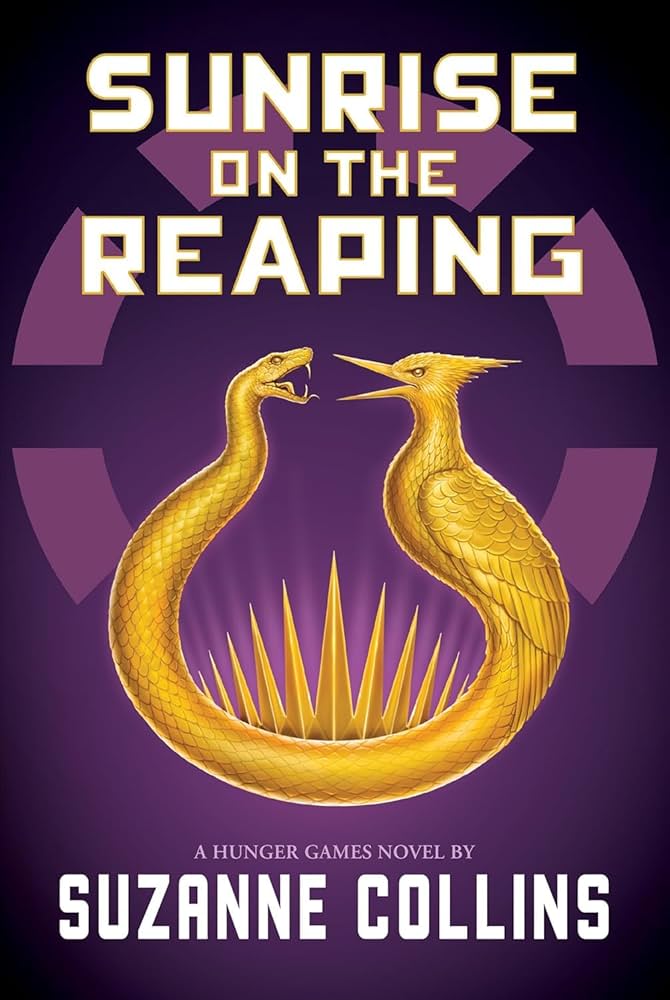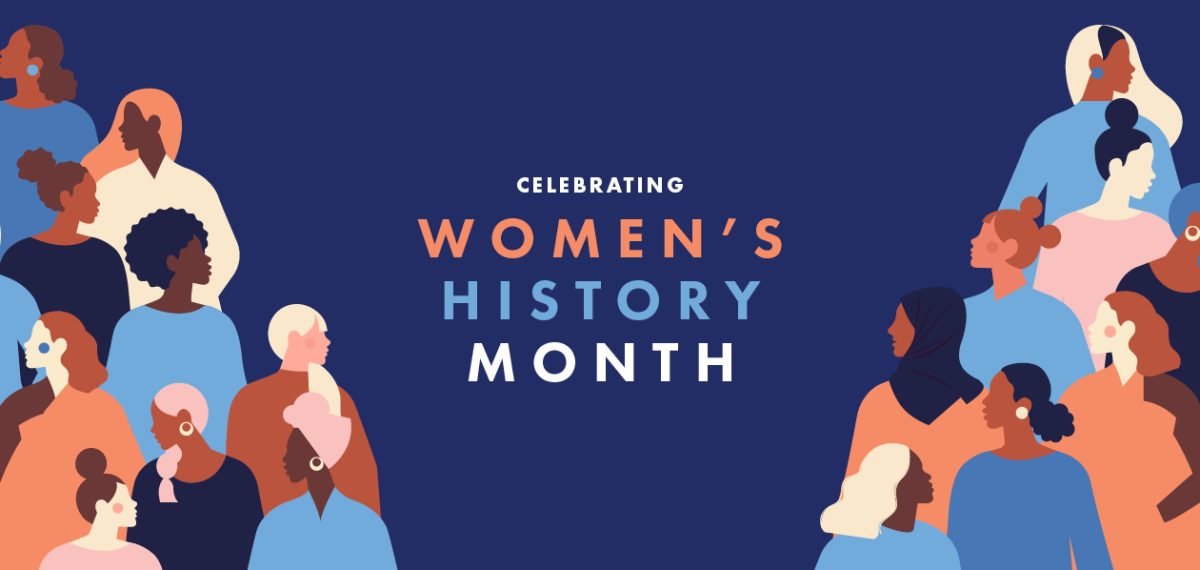Women’s History Month is not just about celebrating women but also their contributions to society and how they have impacted future generations to achieve their goals. Throughout March, we acknowledge and remember the women who have broken barriers and shown resilience.
Malala Yousafzai (1997- Present):
Malala Yousafzai is a Pakistani activist for girls’ education and the youngest Nobel Prize winner. In 2009, Malala began writing a blog for the BBC Urdu, detailing her life and fears under the Taliban rule, which had banned girls from pursuing education. It was not until 2012 that her activism gained attention when she was shot in the head by a Taliban gunman for advocating girls’ education rights. She miraculously survived and was treated in the UK. In 2013, she published an autobiography named I Am Malala, and in 2014, she became the youngest Nobel Peace Prize winner at the age of 17. Today, Malala continues to advocate for education, gender equality, and human rights and continues to inspire others with her resilience.
Amelia Earhart (1897- 1937)
Amelia Earhart was an American aviation pioneer and the first female pilot to fly across the Atlantic Ocean. She became the first woman to complete a solo transatlantic flight in 1932, which earned her multiple aviation records. While advocating for women in aviation, she also helped establish the Ninety-Nines, an organization for female pilots. Earhart and her navigator disappeared over the Pacific Ocean in 1937 during an attempt to fly around the world. Despite extensive searches, she was legally declared dead in 1939. Amelia Earhart remains a significant figure in aviation history, celebrated for her contributions to women in flight.
Frida Kahlo (1907- 1954)
Frida Kahlo was a Mexican painter known for her vibrant self-portraits that explored identity, pain, and resilience. Born in Coyoacán, Mexico, she suffered from polio as a child and survived a bus accident, leaving her with lifelong medical complications. Kahlo began painting and used art as a form of self-expression during her recovery. Kahlo’s style was heavily influenced by Mexican folk art and her turbulent marriage to artist Diego Rivera. Her work often depicted themes of pain and femininity with a blend of realism and symbolism. Kahlo gained international recognition and became a feminist and political icon. Although she passed away in 1954, her legacy endures as she inspires others with her unique artistic vision.
Rosa Parks (1913- 2005)
Rosa Parks was an American activist in the civil rights movement. She grew up in the segregated South and became involved in the fight for racial equality. She is best known for her refusal to move from her seat on a Montgomery bus, defying segregation laws. Her arrest caused the Montgomery Bus Boycott, a pivotal event that led to a Supreme Court ruling that declared bus segregation unconstitutional. Parks continued to advocate for civil rights and even received honors such as the Presidential Medal of Freedom. She remains a symbol of resistance and courage.
Beyoncé (1981- Present)
Beyoncé is an influential artist whose influence extends far beyond music. She first rose to fame as one of the singers of Destiny’s Child in the late 90s, and went on to launch her solo career in 2003, with her songs rapidly shaping pop culture. Securing her title as the most awarded woman in Grammy history, she has continuously used her platform to uplift women and celebrate black culture. Notably, her 2016 album Lemonde sparked cultural influence as it reigned in themes of racial injustice and resilience. Later in 2018, she would then become the first black woman in Coachella history to headline and delivered a performance that paid tribute to black excellence. Transcending music, Beyoncé has been an activist for change, and has used her wide platform to aid in redefining the modern feminist movement. The BeyGOOD initiative, founded in 2013, is a global initiative dedicated toward creating social impact and being an aid in many communities, and significantly at the rise of the Covid-19 pandemic, expanded her mission to support black-owned businesses. Beyoncé’s impact has continued to inspire others globally and allow individuals to embrace expression.
Jane Austen (1775-1817)
Jane Austen was an author that transcended her voice throughout literature. Born in England, she wrote at a time of injustice. She created unique social commentaries on class and gender roles. With strong female protagonists, Austen challenged societal norms and celebrated independence, exemplified through her first novels Sense and Sensibility (1811) and Pride and Prejudice (1813), producing one of literature most beloved female protagonists Elizabeth Bennet who is admired for her strong sense of self and how she values integrity. Austen published anonymously during her lifetime, but gained recognition for critiquing society and descriptive storytelling. Today, her works are still inspired by many writers and are used to champion for and refine women’s roles in society.
Sojourner Truth (1797-1883)
Sojourner Truth was an African American abolitionist who dedicated her life to fighting for freedom and equality. Born in New York, she was a slave until emancipated in 1827, originally born Isabella Baumfree, but changed her name to Sojourner Truth. She would then go on to travel to preach and spread messages about justice. Famously, she is best known for her speech “Ain’t I a Woman?” at the Ohio Women’s Rights Convention that strongly addressed issues of race and gender, and uniquely highlighted all women. The topic of racial gender inferiority was challenged by her experiences that proved intelligence was not subjected to race or gender. She fought continuously for women’s suffrage and former slaves who still lacked rights. Her perspective still serves as influential as people continue to be inspired by looking through the lense of an abolitionist and a strong leader for women’s rights.













